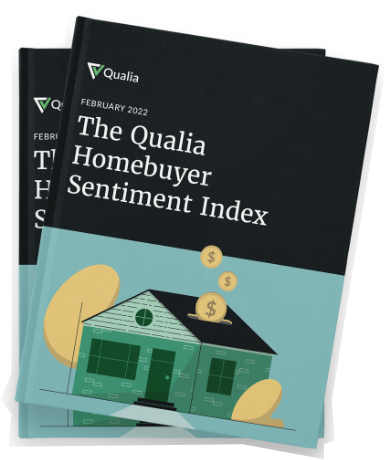Even though renting offers numerous advantages in retirement, buying a home also has many perks. It can be less expensive if the latter doesn’t require maintenance and repairs. However, ownership may be less stressful if you don’t worry about a landlord raising your rent.
Regardless of your choice, housing costs will be one of your most significant monthly expenses in retirement. When deciding between renting and buying, consider the following factors.
As you get closer to retirement, you can use a home equity loan or line of credit. This enables you to settle debt, get medical attention, or upgrade your home for easier aging. Go for it if you’re in your 30s and considering purchasing the home you rent! Once you move in, your monthly after-tax mortgage payments will probably be comparable to rent.
Case Study
If you bought a house at 35, you’d own it outright by 65. If housing appreciates as much as it did in the previous 30 years, today’s $485,000 median house price will be $1,880,000. Say you buy a property with a $200,000 down payment and make monthly payments.
Your $100,000 investment will rise to $1,880,000 by retirement. When rents increase in 10 years, you’ll still be paying the fixed rate you committed to when you bought your property.
Although you’d pay taxes, insurance, and house upkeep, you wouldn’t have a mortgage, reducing your monthly expenditures around retirement.
Sell the house, and utilize the proceeds.
As you retire, sell your house and acquire something smaller or less expensive. Under current tax legislation, individuals can deduct $250,000 in capital gains, and couples can deduct $500,000.
If you wish to stay in the exact location, buy a smaller house to save money on upkeep and utility costs. If you’re willing to move, you can buy a similar-sized property for less.
Texas, Kansas, and Kentucky have high housing prices. It’s cheaper there. Ukiah’s median house price is $500,000+. In Kentucky, it’s mid-$400,000, leaving you at least $150,000 to save and no mortgage.
Extra cash? Refinance
Assume you can pay your mortgage each month. Then you can modify your current loan and take cash out for whatever you require or desire, be it a Bahamas vacation, college expenses for your grandchildren, a motorhome, or senior living for your significant other.
This could be a conventional loan or a reverse mortgage. If you’re 62 or older, you can use a reverse mortgage. The bank will waive your loan repayment obligation as long as you continue to live in the home in place of mortgage payments.
A reverse mortgage lets you keep the title.
Lenders attach a lien to the title to recuperate costs when the loan is repaid, usually when the last borrower permanently moves out of the house, and the heirs sell the property.
Homeownership near retirement has several benefits. Consult a financial counselor about your requirements.
Create Equity
It’s vital to leave an inheritance for certain retirees. Others wish to get a loan, line of credit, or reverse mortgage using the accrued home equity. The cases when ownership makes the most sense are those.
Owning gives you a chance to hold an asset that increases in value in locations where property values rise quickly. Naturally, it also means you won’t have to worry about rent hikes, which are typical in brisk real estate markets.




